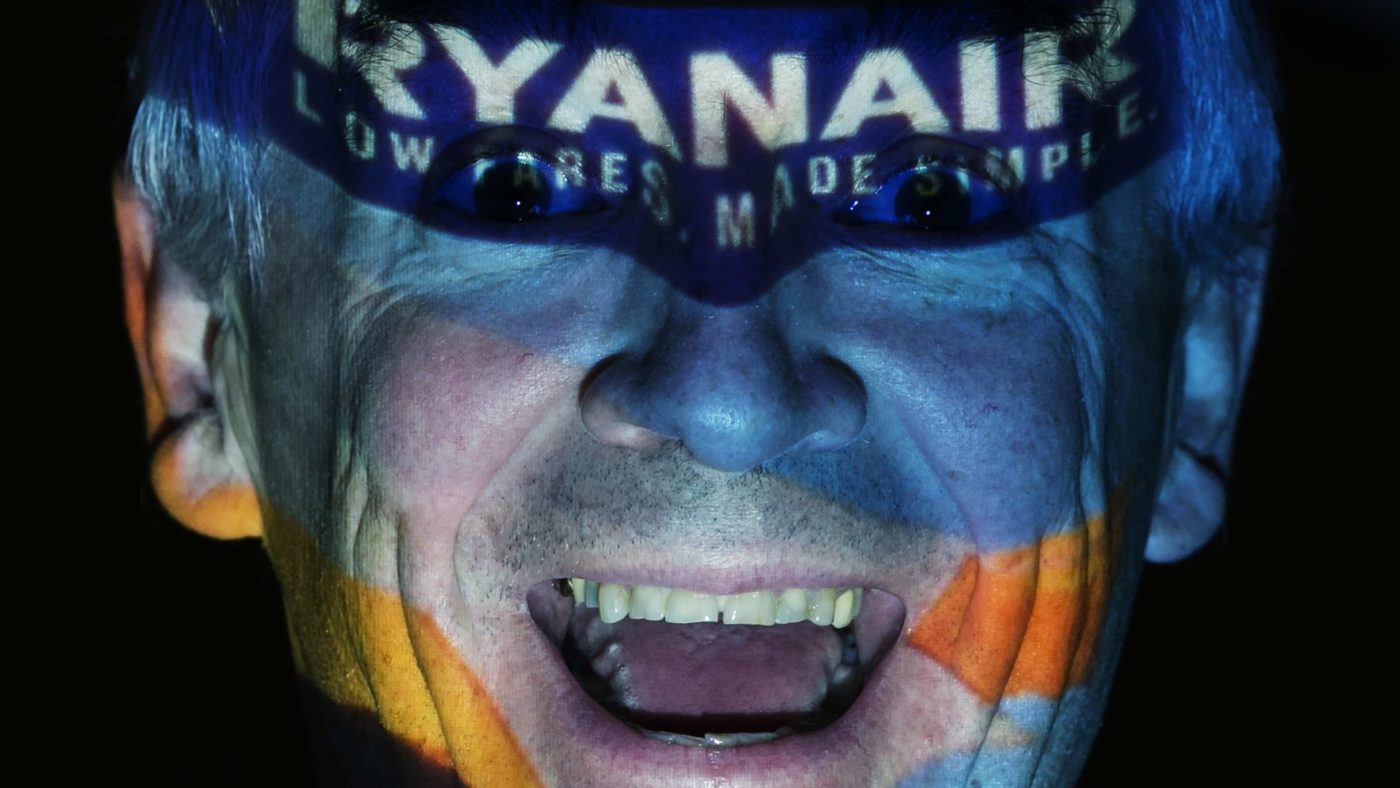Anne Perkins manages that rarity in The Guardian: a piece with a headline which is true. She complains that Ryanair isn’t just an airline, “it’s a parable for our greedy times”. And indeed it is. Although not quite in the way she thinks, of course.
Her complaint is largely twofold, firstly, that we get treated like cattle and nickled and dimed to death. We most certainly do and we flock to the airline to have it done again and again. Something that 131 million people are voluntarily doing this year at no cost to anyone else is what we generally refer to as a “Good Thing”.
This is the point of societal management, of our having an economy in the first place, that more people get to do more of what they want. We want to maximise human utility – and that’s exactly what is going on here.
Ryanair is, in effect, running a bus service in the skies and if that’s what we want then great.
It’s her second complaint though – that this must come at some cost to others – which is much more revealing. Pilots don’t get very much money for that bus driving, unions aren’t allowed – or at least haven’t succeeded in embedding themselves – and isn’t this terrible? We should all be much more concerned about the conditions of the workers, the producers.
At which point her observation that “he has made his airline into the biggest carrier in Europe” is significant. Because whatever GuardianLand morality thinks should be happening, it turns out that people aren’t doing it. We couldn’t in fact give the proverbial monkey’s about those working conditions. We, the consumers, are concerned about our ability to consume and we don’t worry about the conditions of those doing the producing.
This is, of course, not restricted to flying – those minimum wages in Bangladesh of £50 a month don’t stop people flocking to purchase armfuls of clothes. Which is a good thing, because it’s that flocking which has increased local wages from the £15 a month which used to prevail.
There’re some, but not that many, who stop to think about the incomes of farmers when they pick up that super-cheap milk in the supermarket. Fairtrade tea claims to increase the wages of the pickers and it’s a fragment of the general market.
That is, the general claim of “What abaht the workers” is simply something that isn’t part of the general morality of the population. Which means, of course, that we cannot be using that as a general rule in our economic management.
We’re rubbing up against that old point, wouldn’t the world be better if humans weren’t humans? Something which is quite possibly true but that’s not the way to design a system with humans in it. Rather, we need to have a system which tames humanity into desirable goals rather than hoping for a New Man.
That desirable method of taming being that anyone who wishes to offer something gets to do so and see whether the consumers flock to it or not. Cheap clothing, cheap milk, cheap flights, why not? Chacun a son gout and all that, those who don’t like it don’t have to consume it, there are plenty of other people offering similar things with different constraints and methods of supply and employment.
This is indeed a parable for our times, proof perfect that the only equitable manner of organising the economy is as a liberal, market, one where the consumer is sovereign. For why shouldn’t 131 million people be able to have cheap flights if they’re happy to be treated like cattle?
And as to the workers’ wages, we really must note that things which are cheaper to consumers really do face higher demand. Meaning that more workers must be employed to produce them – that’s why Bangladeshi wages are going up as our clothing purchases do. Which is that very channelling of humans being humans into that desirable end, that we all get better off through that consumer sovereignty.


